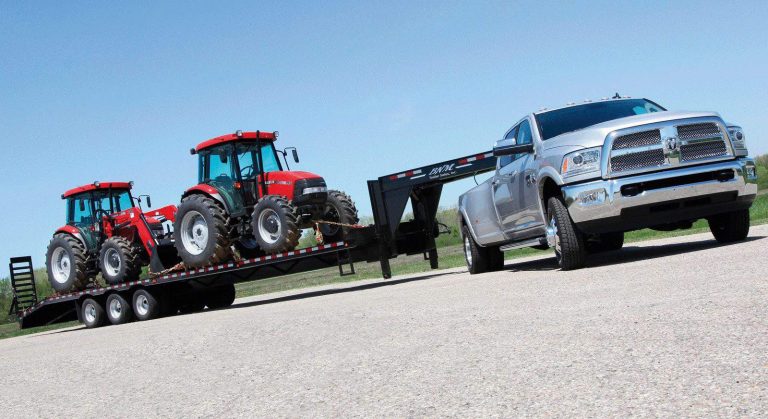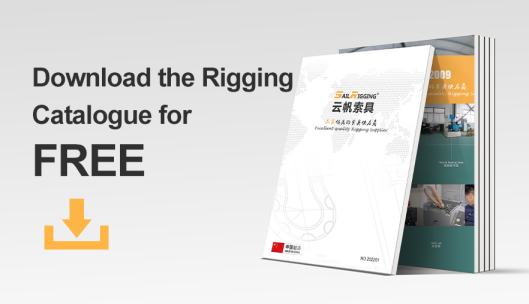Load binders are indispensable tools for securing cargo during transportation, but not all binders are created equal. One critical factor that determines the performance and safety of load binders is their grade. In this article, Sail Rigging will delve into the different grades of load binders and provide insights into choosing the right strength for secure cargo transport.
1.Grade 30 Load Binders: Light-Duty Applications
Grade 30, or proof coil, is a lower-strength option suitable for light-duty applications. It is commonly used for non-critical loads where weight and tension requirements are not as demanding. Grade 30 load binders are usually used in light machinery, small loads on pickup trucks, general- purchase cargo. Although cost effective, Grade 30 load binders are not suitable for heavy or critical loads.
2. Grade 43 load binder:Medium-Strength Performance
Grade 43, or high test, load binders offer increased strength compared to Grade 30. They are suitable for medium-duty applications where additional strength is required without the need for the highest grade. Grade 43 load binders are widely used in construction materials, agricultural equipment, medium-size loads on flatbed trailers. Grade 43 binders strike a balance between strength and cost, making them a popular choice for a wide range of applications.
3. Grade 70 Load Binders: High-Strength for Heavy-Duty Loads
Grade 70, or transport chain, load binders are designed for heavy-duty applications. They provide a higher working load limit and greater strength, making them suitable for critical loads and situations where safety is paramount. Grade 70 load binders are usally used in large construction equipment, steel coils, high-stakes cargo on flatbed trailers. Grade 70 binders are a preferred choice for professionals dealing with heavy loads due to their superior strength and reliability.
4. Grade 80 and 100 Load Binders: Premium Strength for Specialized Applications
Grade 80 and Grade 100 are premium options with the highest strength. These load binders are reserved for specialized applications where extreme strength is required, such as in the lifting and rigging industry. Grade 80 and 100 load binders are widely used in heavy-duty machinery, oversized loads, rigging and lifting operations. Grade 80 and Grade 100 load binders are top-of-the-line choices, often used in industries with stringent safety and performance requirements.
In a conclusion, understanding the grade of load binders is crucial for ensuring the safe and secure transport of cargo. Selecting the right grade based on the specific application and load requirements is essential for maintaining the integrity of the load and ensuring compliance with safety standards. By carefully assessing the demands of each transportation task, professionals can make informed decisions on the appropriate grade of load binder, contributing to a safer and more efficient cargo transport process. If you want to know more about load binder, feel free to contact Sail Rigging.





